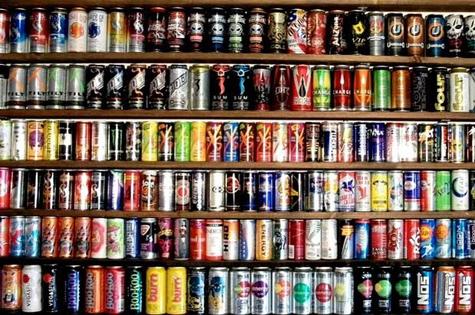Teenagers who mix alcohol with energy drinks are four times more likely to develop an alcohol disorder than a teen who has tried alcohol but doesn’t mix it with an energy drink. This is the startling major finding of research from Dartmouth University’s Norris Cotton Cancer Center led by James Sargent, Professor of Community and Family Medicine and Dr Jennifer Emond.
“These findings are concerning,” said Dr Emond. “They highlight that mixed use of alcohol and energy drinks may signal the development of abusive drinking behaviours among adolescents.”
Several studies have documented a link between consuming alcohol mixed with energy drinks and the increased rates of negative outcomes while drinking, including binge drinking. However, most studies to date have been conducted among undergraduate university students.
Professor Sargent’s team looked at a sample of 3,342 adolescents and young adults aged 15-23 years old, and found that 9.7% of 15-17 years old had consumed an energy drink mixed with alcohol. Analyses showed that group to have greatly increased odds of not just binge drinking, but also clinically defined criteria for alcohol use disorder.
“Abusive alcohol use among teenagers is a dangerous behaviour that can lead to injury, chronic alcohol use and abuse, and even death,” said Dr Emond.
“Identifying those most at risk for alcohol use is critical. Given that this is a sensitive issue, it’s possible that clinicians, parents, and educators might open dialogues about alcohol use with adolescents by starting the discussion on the topic of energy drinks.”
Dr Emond said this includes understanding the influence on a teenager’s perception of the marketing of energy drinks.
This latest research is on top of a Spanish study published earlier this year which warned that energy drinks may trigger heart problems in otherwise healthy teenagers.
The Spanish research said that one can of energy drink a day is enough, and added that teenagers need to made aware of the risk of over-consumption and of mixing energy drinks with alcohol or drugs.
The Dartmouth study is published in the Journal of Pediatrics.


















__small.png)










